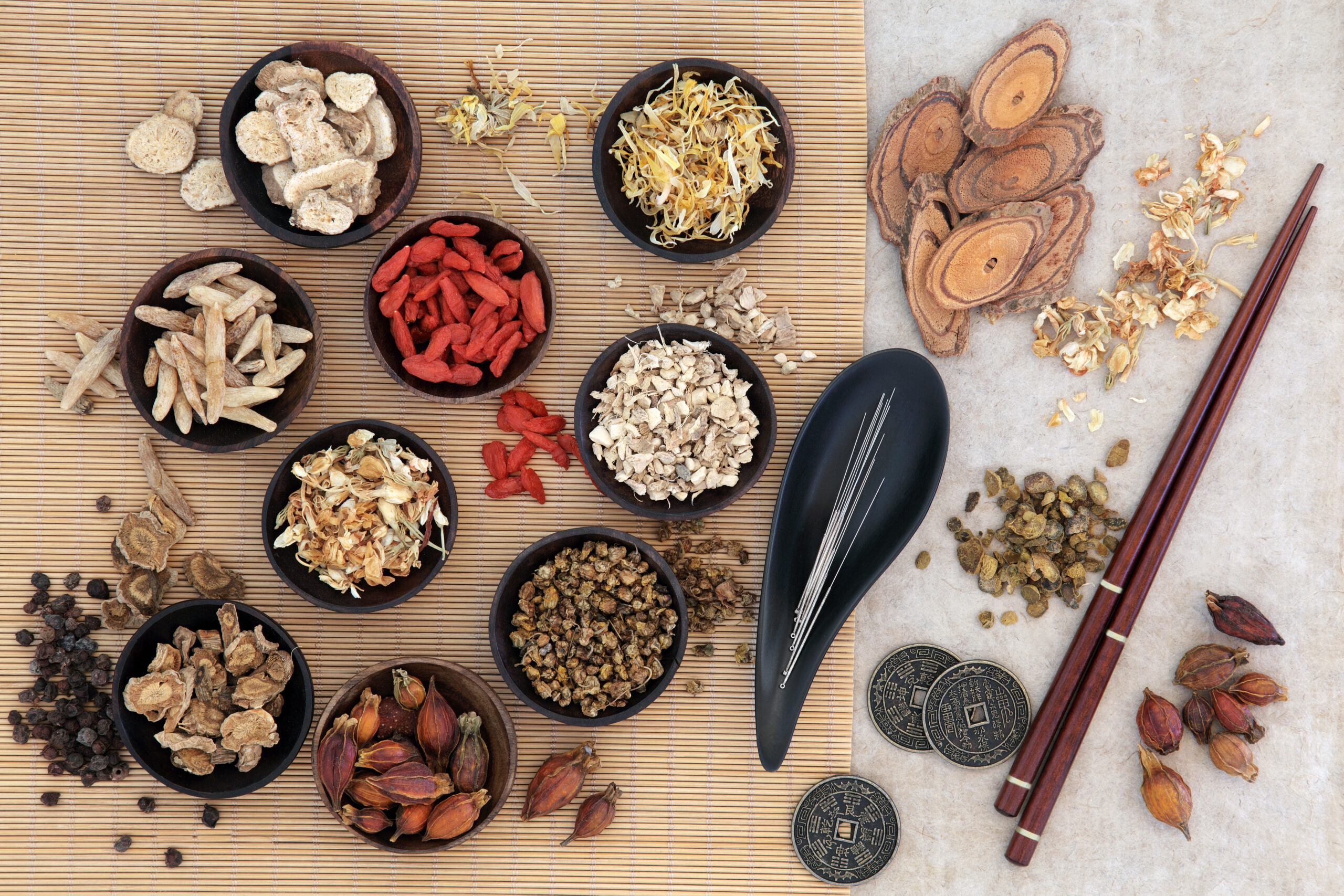
Everything You Need to Know About Coping With the Autumn Season Change
It’s sweater season! Autumn is here and it’s time to get cozy. The days are growing shorter and with that comes colder weather, lots of rain, and wind. While the turning of the leaves gives us a beautiful show, the change in weather also marks the beginning of flu season. As the latest cold and flu starts going around, we need to focus on supporting the optimal health of our lungs, as well as bolster defensive Qi. Below, you’ll find everything you need to know about the autumn season and how to best prepare yourself.
Autumn according to Traditional Chinese Medicine
Autumn is the season where we begin to turn inward. The days grow shorter, and nature prepares for the long hibernation of winter. This season is ruled by the metal element, which represents organization, order, communication, and setting boundaries. Autumn presents us with the opportunity to start planning our own hibernation in the winter.
The organs represented by autumn are the lungs and large intestine. The lungs are responsible for taking in the new. This manifests physically in respiration – taking in fresh air and expelling CO2. Emotionally, this manifests in clear thinking, openness to new ideas, and self-compassion.
The large intestine is responsible for letting go of wastes. The last stage of digestion takes place in the large intestine. Emotionally, the large intestine helps us to let go of that which does not fuel us.
Why are the seasons important in Traditional Chinese Medicine?
In Traditional Chinese Medicine, the body is viewed as a microcosm of the larger surround universe. Each season corresponds with one of the five natural elements – fire, earth, metal, water, and wood. These elements also exist within us. The abundance of a season’s element can cause imbalance that disrupts our health. To maintain good health, TCM councils that we pay close attention to the bodily system’s most influenced by each season’s element, to nourish our bodies with foods that promote balance, and to engage in activities that harmonize with that season’s energy.
How does autumn affect your body?
As the weather turns cold, windy, and damp, a number of ailments start to crop up. You’ve probably encountered them before, and many of them persist into winter. Both wind and dryness are the root of these ailments, as both will draw moisture out of your body.
Respiratory problems
Those who suffer from chronic respiratory conditions like asthma will notice an uptick in symptoms that require more careful management. At this time of year, the lungs are more susceptible to wind and cold, which will aggravate any respiratory conditions. It’s important this time of year to ensure you dress warmly and wear a scarf when you go outside.
Frequent colds
Autumn marks the beginning of flu season. For those with weakened defensive Qi (pronounced “chee”), this can manifest in frequent colds. To avoid catching every cold that goes around the office (or school), acupuncture treatments with a focus on strengthening defensive Qi will help. You should also avoid eating cold or raw foods as this introduces too much cold into your body and that is detrimental to your internal organs.
Sinus infections
Much like frequent colds, sinus infections are a sign that your defensive Qi is low. Also called sinusitis, these infections occur when fluid builds up in your sinuses providing the perfect environment for bacteria to grow. Symptoms include runny or stuffy nose, facial pain or pressure, headache, couch, sore throat, and post-nasal drip.
Constipation
Dryness is a big issue during autumn. As the change in weather pulls moisture from the body, this can manifest in constipation or a difficulty passing stool. Ensure that you drink lots of warm fluids and eat fibrous foods like sweet potato, kale, and beets.
Dry skin, hair, and scalp
You’re probably familiar with the impact the wind and dry air from indoor heating has on the conditions of your skin. Dry, itchy, or flaky skin and scalp are common. As is dry brittle hair. It is important to ensure you are adequately hydrated, and to moisturize your skin and hair. Be sure to dress warmly and keep exposure to the elements at a minimum.
Persistent dry cough
Disruption or weakening of lung Qi can manifest in a persistent, dry cough. This couch will not have any other symptoms and can last into winter if left untreated. It is frequently the result of too much wind in the lungs, or from an invasive pathogen that your defensive Qi is unable to fight off completely.
Chapped lips
Much like dry skin, chapped lips are a common affliction in autumn and winter. Exposure to the elements, as well as insufficient hydration contribute to chapped lips. Make sure you are drinking enough fluids and put on lip balm when going outside.

What to focus on in autumn
With autumn comes the start of flu season. As many pathogens enter the body through our lungs, that’s an area we should pay special attention to. Acupuncture to strengthen defensive Qi is highly recommended in both autumn and winter. This time of year also presents us with the opportunity to reassess our priorities and let go of that which doesn’t nourish us or bring joy. Late summer has laid the groundwork for transitioning into autumn when Yin energy is dominant. Yin is calm and introspective, and we can best take advantage by turning our attentions inward.
Focus on lung and large intestine health
During autumn, cold starts to creep into the body. To protect your lungs and large intestine, be sure to dress warmly when going outside, especially on windy and damp days. It’s also important to avoid eating raw or cold foods, as well as drinking cold fluids.
Getting fresh air is helpful to lung health, but be sure not to spend much time out in extreme weather if you can avoid it. Focus on your breathing, ensuring that you take deep breaths that expand your diaphragm and exhale fully. And while it might be tempting to start slacking off, it’s important that you maintain your regular level of exercise and activity.
Time to let go
The theme in autumn is letting go. Much as the large intestine lets go of waste and the unneeded remainders of food, we should focus on casting off that which does not feed us. Autumn brings us the opportunity to look within. This is the perfect time of year to clean and organize your home, and to give away those things you’ve been holding onto unnecessarily.
This is also a good time to share the feelings you may be burdened with, either with loved ones or a professional. Grief and sadness are the emotions of autumn, and there is beauty in releasing those feelings into the world so you can move into winter unburdened.
Nourish the body
What you eat is an important component of maintaining optimal health and wellness. During autumn, we want to be eating lots of warming foods like soups and stews, as well as pungent foods like chilies, hot peppers, ginger, garlic, and onions.
Eating fibrous foods is always beneficial to gut health. As the large intestine is one of the organs in focus this season, it’s a good idea to incorporate foods like sweet potato, kale, beets, chickpeas, pear, and apple into your diet. Other foods like broccoli, carrot, pumpkin, and winter squash are also recommended.



